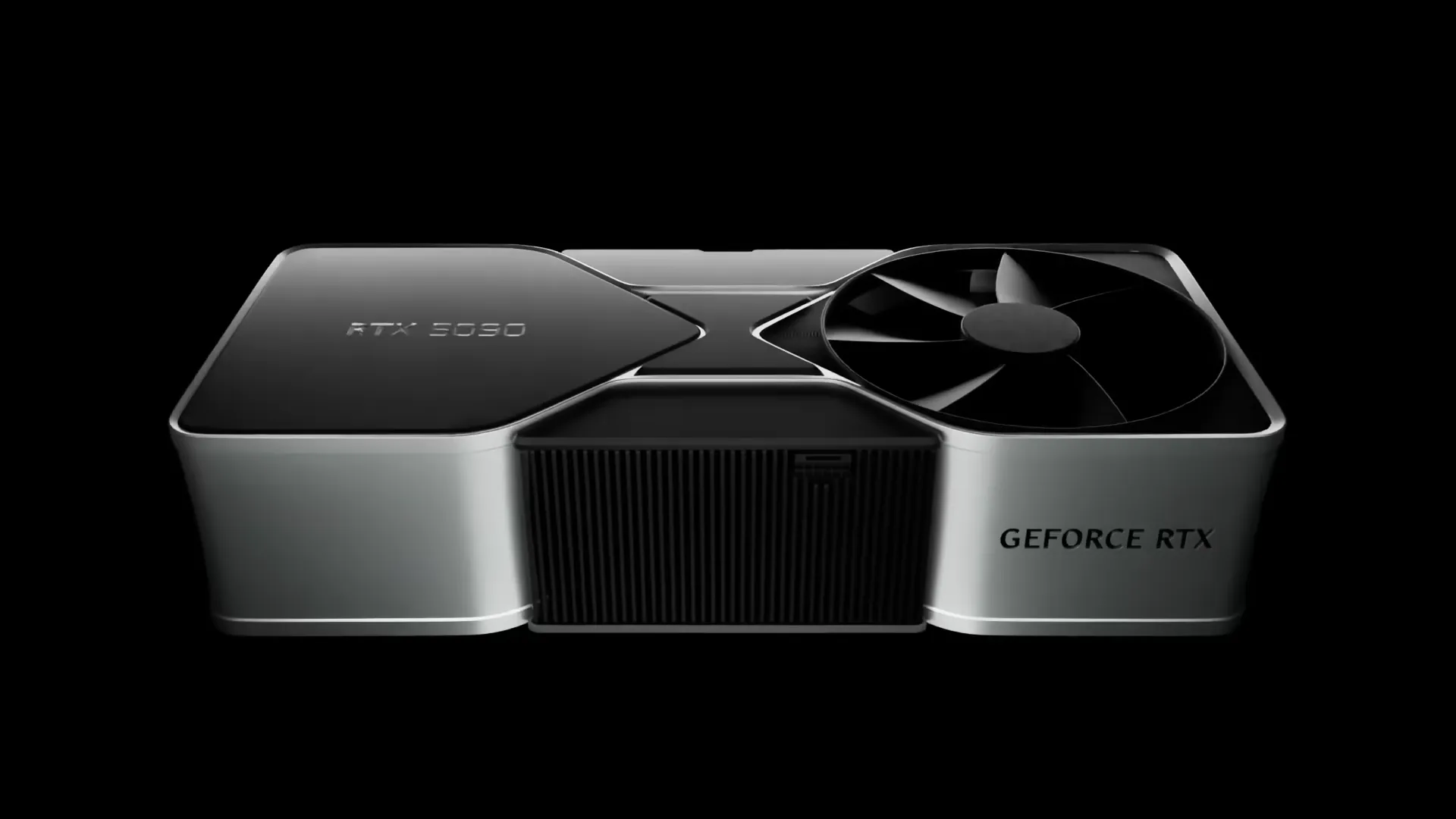RTX 5090 Leak Reveals Monster Specs: 1.7x Faster Than 4090?

The graphics card market is eagerly awaiting the launch of Nvidia’s next-generation GeForce RTX 50 series GPUs. Rumors and leaks have started to emerge detailing the potential specs and performance of these new GPUs, particularly the high-end GeForce RTX 5090. The RTX 50 series is expected to be based on Nvidia’s new Blackwell architecture and bring major performance improvements over the current RTX 40 series.
Early rumors suggest the flagship RTX 5090 could offer up to 1.7x the performance of the already powerful RTX 4090. This massive performance jump would be enabled by expected increases to components like the number of CUDA cores, memory bandwidth, cache size, and clock speeds.
While details are still limited, the leaks point to the RTX 50 series pushing high-end graphics performance to new heights.
Rumored Specs for Nvidia’s GeForce RTX 5090 GPU
The RTX 5090 leak comes from a post by tech leaker ‘panzerlied’ on the Chiphell forums. The leak suggests several key spec upgrades compared to the current RTX 4090:
- A 50% increase in the number of cores, which would mean over 24,000 CUDA cores on the RTX 5090.
- A major 52% jump in memory bandwidth to 1,532 GB/s, likely enabled by new GDDR7 memory.
- A huge 78% increase in cache size to possibly 128MB of L2 cache.
- A 15% higher core clock speed compared to the RTX 4090’s boost clock of 2,520 MHz.
- Taken together, these improvements could enable up to 1.7x the performance of the flagship RTX 4090.
Rumored Nvidia GeForce RTX 5090 Specs:
| GPU die | GB202 |
| CUDA cores | 24,576 |
| Tensor cores | TBC |
| RT cores | TBC |
| Base clock | TBC |
| Boost clock | 2.90GHz (2,898MHz) |
| VRAM | TBC |
| Memory clock | TBC |
| Memory bus width | 512-bit |
| Memory Bandwidth | 1.5TB/s (1,532GB/s) |
| L2 Cache | 128MB |
| TDP | *TBC |
The RTX 5090 represents a major generational leap in raw specs and power. However, final details on the exact core configuration and memory setup remain unconfirmed until official announcements.
Additional Details on Nvidia’s Next-Gen GPUs
The rumors paint a picture of major architectural changes enabling big performance gains, but the final technical specifications are still to be confirmed.
The RTX 50 series will utilize Nvidia’s new Blackwell GPU architecture and be based on the GB202 GPU. Nvidia seems to have learned from bandwidth limitations on the RTX 40 series, with major rumored improvements to memory and bandwidth.

Further, Nvidia may transition to an MCM (multi-chip module) design similar to AMD’s RDNA 3 chips. This could help improve performance and yields. However, respected leaker kopite7kimi claims the core configuration changes may not be as significant as rumored. The focus seems to be on architecture and design improvements.
Exact details on the full RTX 50 series lineup, including cores, memory, and clocks, remain uncertain until Nvidia reveals more.
Performance and Release Timeframe
Based on the leaks so far, expectations are high for the performance of the RTX 50 series. The RTX 5090 is expected to deliver massive gains for rasterization and traditional gaming workloads in particular. The rumored 1.7x performance uplift over the RTX 4090 could represent a huge generational jump, even accounting for DLSS and other upscaling techniques.
Overall, the RTX 50 series aims to push high-end 4K gaming performance to new levels compared to existing GPUs.
As for release timing, rumors point to a launch around 2025 based on Nvidia’s typical cadence. Given the RTX 40 series launched in late 2022, a follow-up release in 2025 would match past timing.
An official announcement and full details likely won’t come until much closer to the actual RTX 50 series release date. Availability could be tight given the major performance gains and ongoing supply chain issues.
Current Fastest GPU Still RTX 4090
Despite the rumors and hype for the RTX 50 series, Nvidia’s current flagship still reigns supreme for now. The RTX 4090 remains the fastest gaming graphics card available today. It’s a powerful 4K gaming solution and our top recommendation in most high-end builds.
Lower-end RTX 40 series models like the RTX 4060 Ti and RTX 4070 Ti suffer from memory and bandwidth limitations for their price points. Nvidia will need to address these deficiencies in the RTX 50 series product stack to better compete with AMD’s RDNA 3 GPUs.
For now, the RTX 4090 remains the flagship GPU. But if early rumors pan out, the RTX 50 series could push high-end PC gaming performance into exciting new territory when it eventually launches.